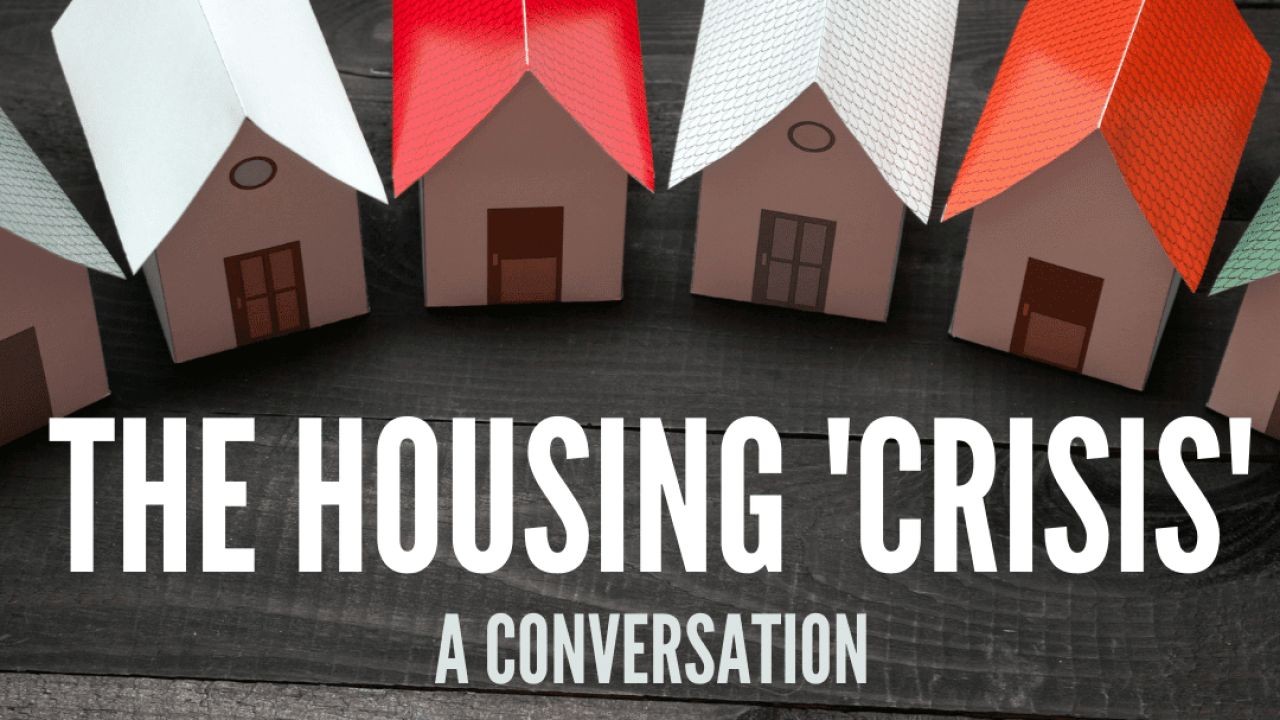Housing in New Zealand has long been a topic of intense debate, but recent years have seen this issue escalate into a full-blown crisis affecting families across the nation. Rising property prices and a shortage of affordable housing are not just economic statistics; they are realities causing significant stress and upheaval in the daily lives of New Zealanders. This article delves into the housing crisis, exploring its impact on Kiwi families through a detailed case study and offering insights for property development specialists to consider.
The Current State of New Zealand's Housing Market
Property prices in New Zealand have seen unprecedented growth. According to Stats NZ, the median house price reached a staggering NZD 850,000 in 2023, marking a 27% increase over the past three years. This surge has primarily been driven by low-interest rates, high demand, and limited housing supply. However, the ramifications extend beyond mere numbers, deeply affecting the social and economic fabric of the nation.
Impact on Families: A Case Study
Consider the Johnsons, a middle-class family from Auckland. With both parents working full-time, they represent the average Kiwi household striving to achieve homeownership. Yet, despite their efforts, the Johnsons find themselves trapped in a cycle of renting. The increasing gap between wages and property prices has made saving for a deposit nearly impossible.
Problem
- The Johnsons faced soaring rental costs, consuming 40% of their income.
- Despite being dual-income earners, they struggled to save for a home deposit.
Data-Driven Insights
This scenario is not unique. A report by the Ministry of Business, Innovation, and Employment (MBIE) highlights that over 60% of New Zealand families spend more than 30% of their income on housing. This situation exacerbates financial stress and limits their ability to invest in education, healthcare, and other essential services.
Understanding the Housing Crisis: Factors at Play
Low Supply vs. High Demand
The imbalance between housing supply and demand is a critical driver of the crisis. New Zealand's population growth, partly fueled by immigration, has outpaced the rate of new home construction. As per a report by the Reserve Bank of New Zealand, the country needs to build an additional 30,000 homes annually to meet the current demand.
Investor Activity
Investors have capitalized on the market, with residential properties becoming an attractive asset class. This trend has been linked to the influx of foreign capital and favorable tax policies. While this boosts the real estate sector, it also drives up prices, making it difficult for first-time buyers like the Johnsons to enter the market.
Government Policies
Efforts have been made to address the crisis, with policies such as the KiwiBuild program aiming to deliver 100,000 affordable homes over a decade. However, the execution of such programs has faced criticism due to delays and the inability to meet targets.
Contrasting Viewpoints: Is There a Housing Bubble?
The question of whether New Zealand is experiencing a housing bubble is hotly debated. Advocates argue that prices reflect genuine demand and economic growth, while critics caution that the market is artificially inflated and ripe for a downturn.
Advocate Perspective
- Proponents cite robust economic indicators and continued demand as signs of a healthy market.
- Low-interest rates and limited land availability are seen as natural price drivers.
Critic Perspective
- Skeptics warn of speculative buying and an over-reliance on investment properties.
- Comparisons to global housing crashes raise concerns about long-term stability.
Middle Ground
A balanced approach suggests monitoring market trends while implementing policies to stabilize prices. This includes increasing housing supply and revisiting tax incentives for investors.
Expert Insights: Navigating the Crisis
For property development specialists, understanding the nuances of the housing crisis is crucial. Here are some expert-backed strategies:
Focus on Affordable Housing
Developing affordable housing projects can meet demand while addressing social needs. Public-private partnerships can be effective in sharing risks and resources.
Innovative Construction Techniques
Adopting modular and prefabricated housing solutions can reduce costs and construction time, providing a practical solution to the supply issue.
Community Engagement
Involving local communities in development plans ensures that new projects align with resident needs and gain public support.
Myths and Mistakes in the Housing Market
Common Myths
- Myth: Renting is always cheaper than buying.
- Reality: Long-term analysis shows that homeownership can be more cost-effective, especially with rising rents (Source: MBIE).
- Myth: All property investments are safe.
- Reality: Market fluctuations can lead to significant losses, as seen in past global financial crises.
Mistakes to Avoid
- Failing to account for hidden costs in property investments.
- Over-leveraging in a volatile market.
- Ignoring government policy changes that affect property values.
Future Trends: What Lies Ahead?
Looking forward, New Zealand's housing market will continue to evolve. According to a Deloitte report, sustainability in housing development will gain prominence, with an emphasis on eco-friendly materials and energy-efficient designs. Additionally, technological advancements in real estate transactions and property management could streamline processes and enhance transparency.
Conclusion
The housing crisis in New Zealand presents both challenges and opportunities. For property development specialists, understanding the intricate dynamics of the market is essential. By focusing on sustainable, affordable housing solutions and leveraging innovative construction technologies, the industry can contribute to mitigating the crisis while meeting the needs of Kiwi families.
What strategies do you think are most effective in addressing New Zealand's housing crisis? Share your thoughts and experiences below!
People Also Ask
- How does the housing crisis impact New Zealand families? Families face financial stress due to rising housing costs, with over 60% spending more than 30% of their income on housing (MBIE).
- What are the biggest misconceptions about property investment in NZ? A common myth is that all property investments are safe. However, market fluctuations can lead to significant losses, as seen in past global financial crises.
- What strategies can help alleviate the housing crisis? Developing affordable housing, adopting innovative construction techniques, and engaging communities are crucial strategies.
- What is the future of New Zealand's housing market? Sustainability and technological advancements are expected to shape the future, with eco-friendly materials and efficient designs gaining traction (Deloitte).
- Who benefits from affordable housing initiatives? Low to middle-income families, first-time homebuyers, and communities facing housing shortages benefit the most.
Related Search Queries
- New Zealand housing market trends 2023
- Impact of housing crisis on families
- Affordable housing solutions in NZ
- Government policies on housing in New Zealand
- Future of real estate in New Zealand
- Property investment strategies NZ
- Housing supply and demand in New Zealand
- Innovative construction techniques NZ
- Sustainability in New Zealand housing
- Renting vs. buying a home in NZ































